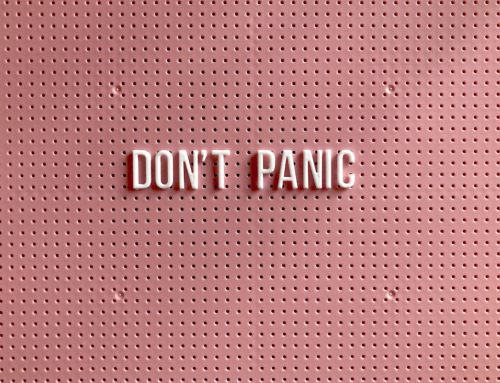June 27th is PTSD Awareness Day and June has been designated as PTSD Awareness Month. PTSD stands for Post-Traumatic Stress Disorder. PTSD can occur when someone experiences or witnesses a traumatic event. When you have PTSD, it’s hard to feel safe. The traumatic event – natural disaster, combat, sexual assault, accident – can take hold, and you find you can’t stop thinking about it. Maybe you have nightmares and trouble sleeping. Maybe you feel on edge and unsettled or don’t find pleasure in things you used to enjoy. Maybe you feel it’s just easier to be alone. Feelings like these are common after going through a trauma. For most people, they pass in a few weeks or months, but for others they are long lasting.
If you’re wondering what you can do if you or or someone you care about needs help for PTSD, you can start by checking out some of these organizations and resources. These help individuals and professionals discover ways to identify and manage PTSD symptoms. Check out the National Center for PTSD and their guide for more information.
American Psychological Association
The APA has a page designated for Post-Traumatic Stress Disorder where you can find more information regarding PTSD. There are some articles and books listed that are centered around this topic too.
AboutFace
AboutFace is a resource where you can view video clips of Veterans who have shared their stories and experiences seeking help. They discuss things like personal advice, how they knew they had PTSD, etc. You can pick which topics you’d like to hear. Make the Connection is another great resource for Veterans to check out.
Child Traumatic Stress
A great resource for child traumatic stress is the National Child Traumatic Stress Network (NCTSN). They have information for the different types of trauma children can experience, treatments, trauma-informed care, and other resources.
PTSD Coach
PTSD Coach is an app you can download that can help you learn about and manage symptoms that often occur after trauma. Check out the link for more details and features.
Note: PTSD is a serious mental health condition that often requires professional evaluation and treatment. PTSD Coach is not intended to replace needed professional care.
Ways to Raise Awareness:
- The National Center for PTSD has calendar you can scroll through for daily actions to take
- Check out these ideas for social media posts
- Educate yourself on PTSD
- Printing/posting fliers about PTSD Awareness
- Writing an article for a local newspaper or newsletters
- Taking the time to talk about PTSD with those around you
- Reflect on what your current thoughts, feelings and beliefs are about PTSD
- Try some of these outreach ideas






